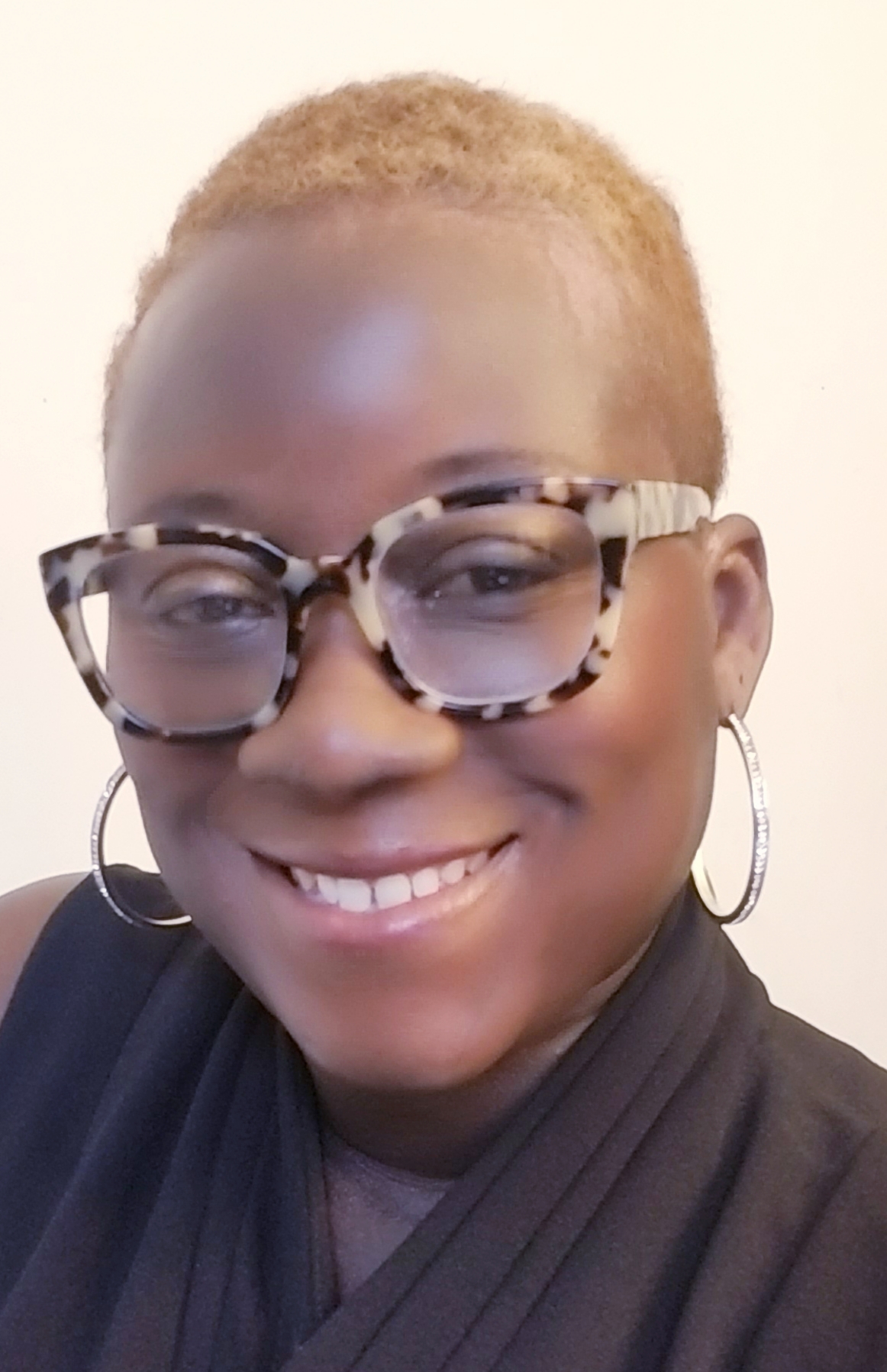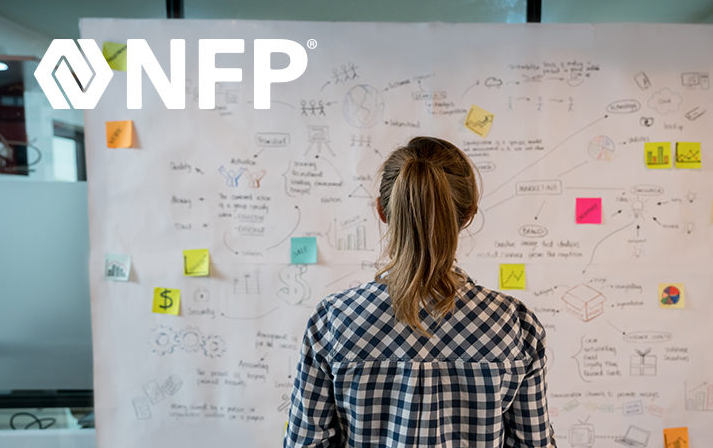
Kizmet Moore is an Account Executive at NFP, with a focus on team building and promoting diversity and inclusion in the insurance industry.
Here is what Kizmet had to say when we asked her about the difference between a mentor and a sponsor:
GenHERation®: When you are new to an organization, either as an intern or a full-time employee, how can you start to build relationships with your colleagues?
Kizmet Moore: The best thing you can do when you come in is to introduce yourself to people. This includes the people on your team and colleagues who work in different departments. Let them know what role you were hired for and how you can support them. Give a brief overview of your professional and personal background. By being visible, you will start to establish relationships with your co-workers and build trust. Another way to build relationships is to have conversations and go to lunch with your colleagues. It never hurts to say, “Good morning!” when you walk into the office either. Give off the energy that you want to build relationships and people will flock to you.
GenHERation®: If you want to connect with a professional you admire, how should you do so?
Moore: You should never be afraid to reach out to a person. If you meet someone at a conference or hear someone speak on a panel who you want to connect with, send them a message and ask to connect for 15 minutes. Oftentimes, professionals who speak at conferences give out their information and encourage you to reach out to them. Whether you reach out to someone using LinkedIn or email, make sure you provide context when you send them a message. Make sure you include who you are and what you do, where you connected with them, and what they specifically said or did that made you want to reach out. It might take a little time for them to respond back to you, but be patient. Do not get discouraged if you don’t hear back in 48 hours—people have busy schedules! However, when you get a message from someone you wanted to connect with, respond back quickly so you don’t miss your window of opportunity.
GenHERation®: What is the difference between a mentor and a sponsor?
Moore: There is a significant distinction. A mentor is someone who has experience that will provide you with tools, guidance, support, and the feedback you need to thrive in your career. Mentors help you set your vision for your career. You can have a personal and a professional relationship with your mentor. Sponsors on the other hand are more senior level people who are invested in your career. They share professional connections with you, refer you to projects, and make sure you are seen and heard by senior leaders. A sponsor publicly endorses you. They go out on a limb for you and expect high performance in return. You are a reflection of your sponsor. Women are normally over-mentored, but under-sponsored. Knowing the difference between a mentor and a sponsor can really help you navigate your career.
GenHERation®: What are three steps you can take to find a sponsor?
Moore: Step one is to make sure that you and your work are visible. People should know who you are. Attend meetings, offer to help others, and go above and beyond. Step two is to take risks. A lot of times when we are in a role we focus on that one role so much that we don’t look outside of it. Raise your hand to work on different projects with different divisions you are collaborating with. Stretch yourself, and then prove yourself. Step three, the most important step, is to ask for what you want. You might be hesitant to tell your manager what you want because you don’t want to seem demanding or aggressive. I encourage you to speak up. Meet with your manager regularly to discuss your accomplishments and goals.
GenHERation®: How can you be a good mentee?
Moore: When you begin a mentor-mentee relationship you should first determine when you and your mentor will speak. Weekly? Monthly? Quarterly? Whatever the frequency, put your meetings on the calendar. Then, when you meet with your mentor, be on time. Someone is taking time out of their professional or personal schedule to help you, so respect their time. On a similar note, if you have to do homework before a meeting, such as reading a book, make sure you do it! Additionally, provide your mentor with an agenda before you meet with them. Outline what you would like to talk about, including questions you might have. Finally, leave your ego at the door as a mentee. Be open, flexible, and willing to listen to your mentor’s insights and advice.
GenHERation®: What is most important to keep in mind when it comes to mentorship and sponsorship?
Moore: Keep in mind that you need both. Mentors and sponsors are powerful tools when they’re combined as you navigate your career. As I moved up in the ranks, I learned mentorship was not enough. You need both at some juncture in your career.
GenHERation®: How can you be your authentic self in the workplace?
Moore: Having emotional intelligence is really the first step. This includes self-awareness and being able to manage your emotions and how you relate to others. Secondly, be willing to be vulnerable and have difficult conversations. This includes sharing about your culture and/or your experiences that have shaped who you are throughout your life journey. Thirdly, be open to new opportunities and ways of growing as a person and in your role. Remember, we all have room to grow and get better. We also can learn from one another. Finally, know you are able to set boundaries in your work life as you do in your personal life. It is your choice on how much you share and what you share with others. Boundaries are essential to healthy personal and work relationships. We must remember that if we bring our true selves to work it will inspire others to do the same. My NFP colleagues know my faith and my family are the core of who I am as a person. Therefore, I share stories about my family and they know I walk by my faith in all situations.
Kizmet Moore is an Account Executive at NFP, with a focus on team building and promoting diversity and inclusion in the insurance industry. Her work spans strategic planning, public speaking, and program development within the nonprofit sector, as well as the corporate and business community. As a professional with more than 20 years in the health and welfare benefits industry, Kizmet has always been passionate about developing opportunities that are inclusive of all.



Comments (0)